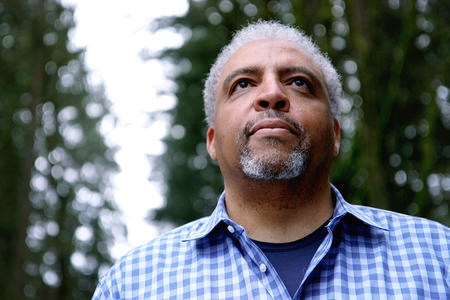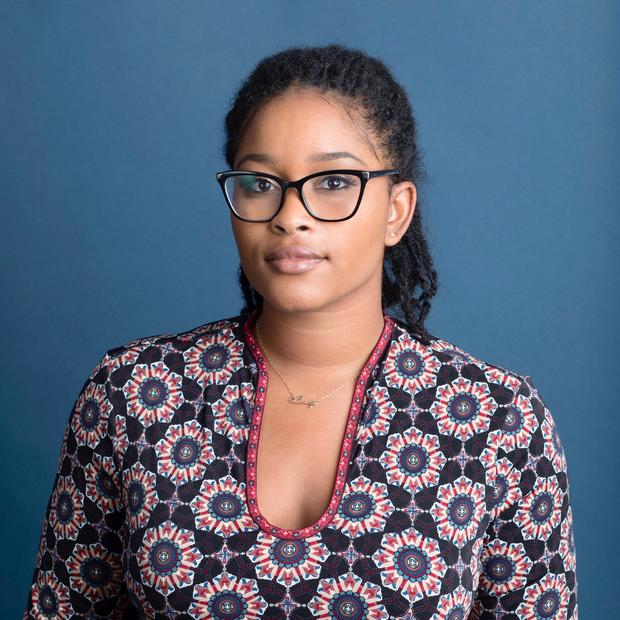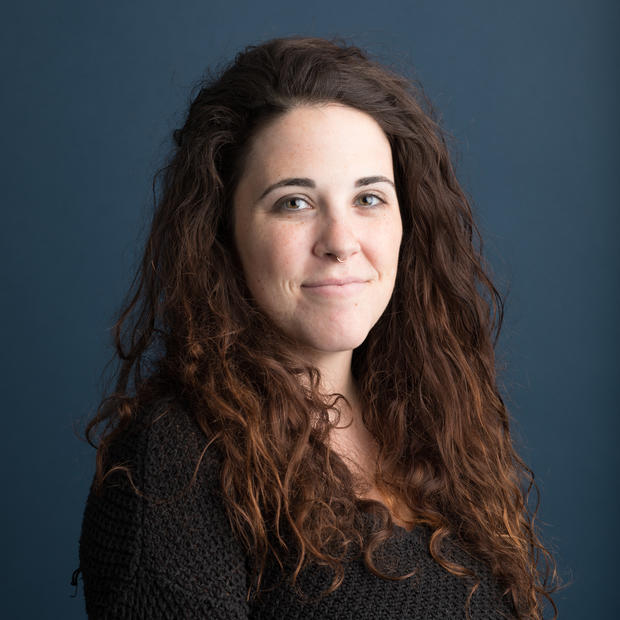This interview has been lightly edited for clarity.
I first wanted to get into cancer research when I was 14 years old. My mother was diagnosed with breast cancer at the time, and I had just started high school. My older brother was off at college, and my father doesn't live with my family so it was basically my mother and I. It was a crash course in learning how to quickly grow up; I was just a freshman in high school and I had to take care of my mom and take care of myself.
Seeing my mom go through chemotherapy and what it did to her body set me on path from just liking science in general to wanting to actually do something about this field. I never set out to do brain cancer — I wanted to do breast cancer. But one thing led to another and here I am.
I went to Dorsey High School in South Los Angeles. The school itself is known more for the NFL athletes and entertainers it produces and not necessarily academic rigor. DJ Mustard was in my graduating class at my high school.
The neighborhood I grew up in is nicknamed “The Jungle.” It was hard not to see all the violence, the drug use and gang-related things in Baldwin Village. You couldn’t wear certain colors or have a nice phone out on display or you might get robbed — a neighborhood like that. If you’ve ever seen Training Day, they actually filmed a really big part of the movie in my neighborhood.
I didn’t have a lot of time to just wander around outside and get to know a lot of my neighbors who were involved in that kind of stuff, but I could see it every day. I’m an exception to the rule because my mom kept me either studying or on the field. I knew friends in middle school and high school who ended up joining that kind of lifestyle. Had I had a different set of supervision, I think I probably would have gotten involved in that.
To have made it this far, I’m truly in appreciation of the effort my mom and the rest of my community put in. I got scholarships and I was a part of the Links Achievers Program. I was involved in this after school program at the University of Southern California that targeted young Black and brown students who wanted to go the M.D. or Ph.D. route.
They exposed us to different colleges and kept us exposed to people who looked like us who have made it to the end goal. I think most importantly, it kept us off the streets and gave us something to do.
My ninth grade biology teacher, Mr. Bradley, pretty much taught me all I knew in terms of science. Everything I learned in his class directly applied to my AP biology test. I was one of two students at Dorsey to pass it.
When I got to UCLA, I wasn’t doing very well in my math and science courses — not because I wasn’t smart enough, but because I wasn’t used to the competition. I felt totally unprepared for anything beyond college that I wanted to do. At Dorsey, they teach you to compete on the football field and on the track, but they don’t necessarily teach you how to compete in the classroom.
I was up against students who had been prepared for this from day one, whose parents are usually doctors, scientists and mathematicians themselves, and it was kind of rough for me. A lot of labs — mostly cancer labs — didn’t let me in because my grades weren’t high enough and I got really discouraged.
There weren’t that many Black students in the sciences and I felt like perhaps I didn’t belong there. This was in 2008. There was still a lot of uproar about Proposition 209, the anti-affirmative action bill. A lot of professors at the UCs were openly saying that a lot of Black and brown students were being let in unfairly and I was witness to it; it was tearing down my self-esteem. It made me feel like perhaps they were right.
The Black students that were in the sciences were slowly starting to switch over to English, history, or some other major, and I was thinking about doing the same thing myself. In fact, one of my counselors had advised me to switch to something easier — “like African American studies.” That hurt me the most.
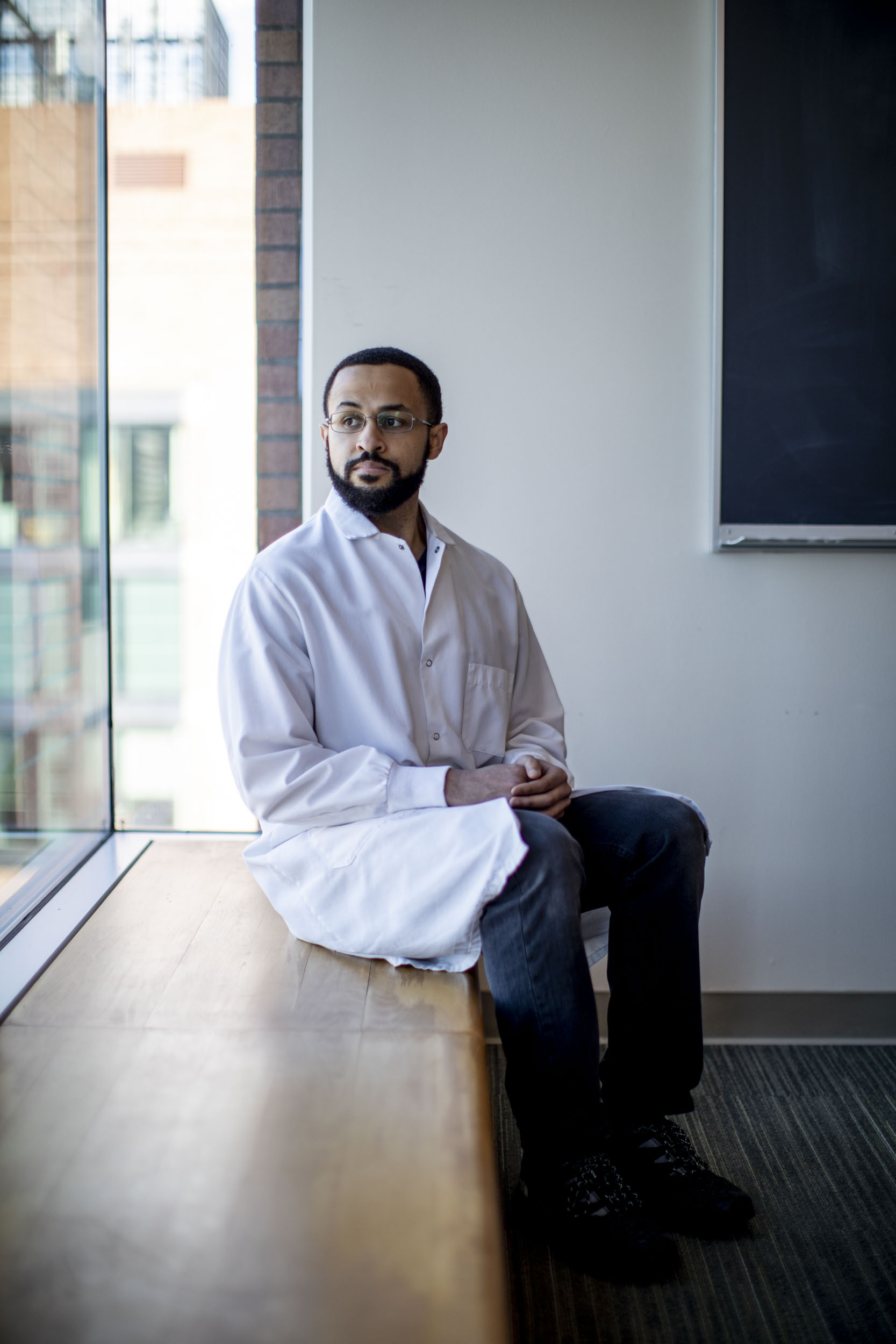
It wasn’t until my third year, after having been rejected by a lot of labs, that I found who I believe was the only African American professor at UCLA in the sciences. I asked [Prof. Dwayne Simmons] if he would take a shot on me and let me into his lab and he did. Being in his lab and seeing this Black man do science and be successful at it helped me to not feel as anxious. Doing the experiments that he gave me and actually getting good results made me feel a lot more confident.
Lo and behold, my grades went up a lot. The things I was doing in my classes actually started making a lot of sense because I saw the direct, real-world application. I think being in a lab should be a necessity for students in the sciences.
But I feel like there are some structural barriers that prevent students like me from getting that experience. It’s like because your grades aren’t high enough, you can’t get into a lab, but if you’re not in a lab, then you don’t see what all the stuff in your books really means. It’s a double-edged sword.
I would say that because I’m so far away from home, it isn’t widely known that I’m the kid from The Jungle who’s now in Seattle working on brain cancer. I would like for it to be more known because I want more students of color who grew up in neighborhoods like mine [to know] that you can make it out. You don’t have to become the rapper or athlete if you don’t want to. There are other ways and you can do it through education.
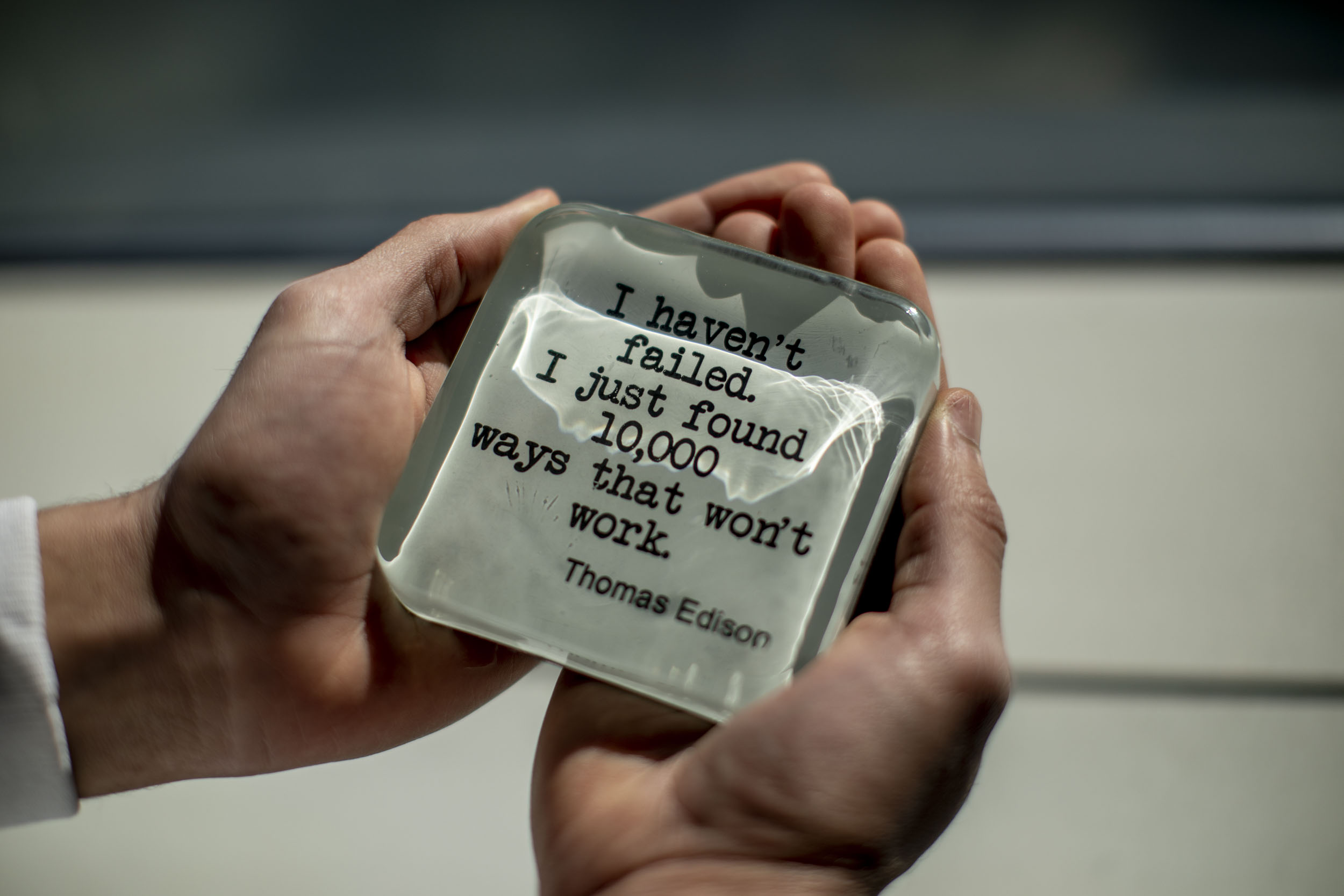
In Jim Olson's lab at Fred Hutch, we're focusing on pediatric brain tumors, and with my project specifically, we're trying to get white blood cells in your brain to eat the brain tumor. I also work in a chemical engineering lab at the University of Washington, so I'm seeing a broad range of disciplines, from cancer biology to immunology to chemical engineering. It's a lot different from what I was exposed to [as an] undergrad.
I want to go into industry, probably biotech. I want to be the kind of scientist who discovers new therapies and things like that. But I think at the end of the day, I would love to give back to my community in some respect.
I’m playing with the idea of maybe going back to Dorsey and being a high school teacher once I’m done with industry and be kind of like what Mr. Bradley was for me. I think a lot of Black and brown students go to high schools like mine where math and science aren’t necessarily emphasized, and I think we lose a lot of young minds with potential in that environment.
I think just being an encouraging presence that won’t quit on the students is also really important. Basically saying, “Look, I grew up down the street and I went this exact school just like you and this is where I am. This is where you could be, too.”


